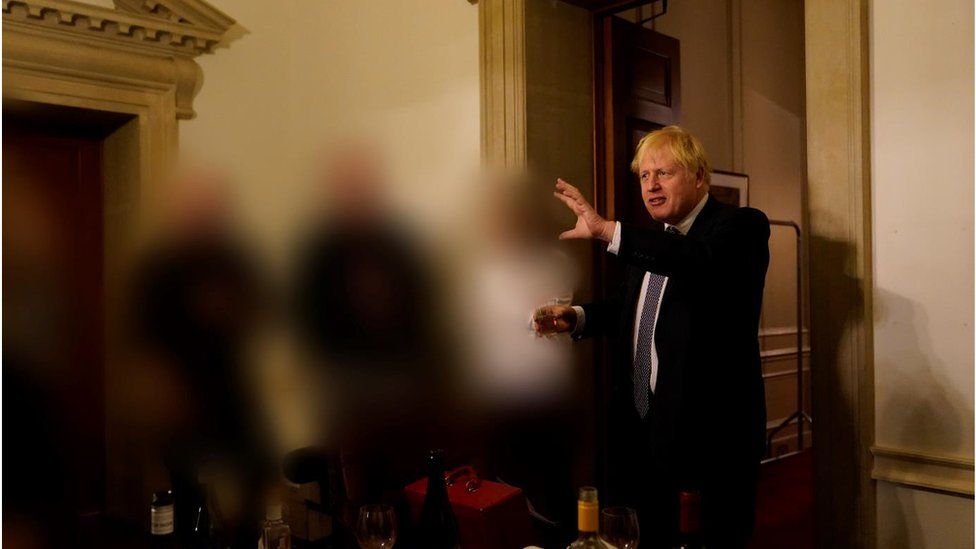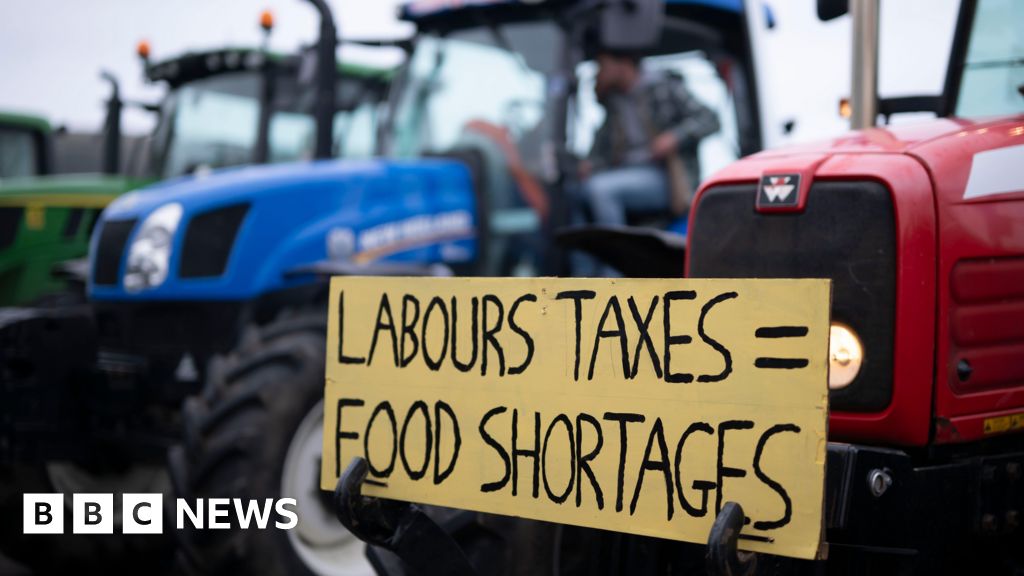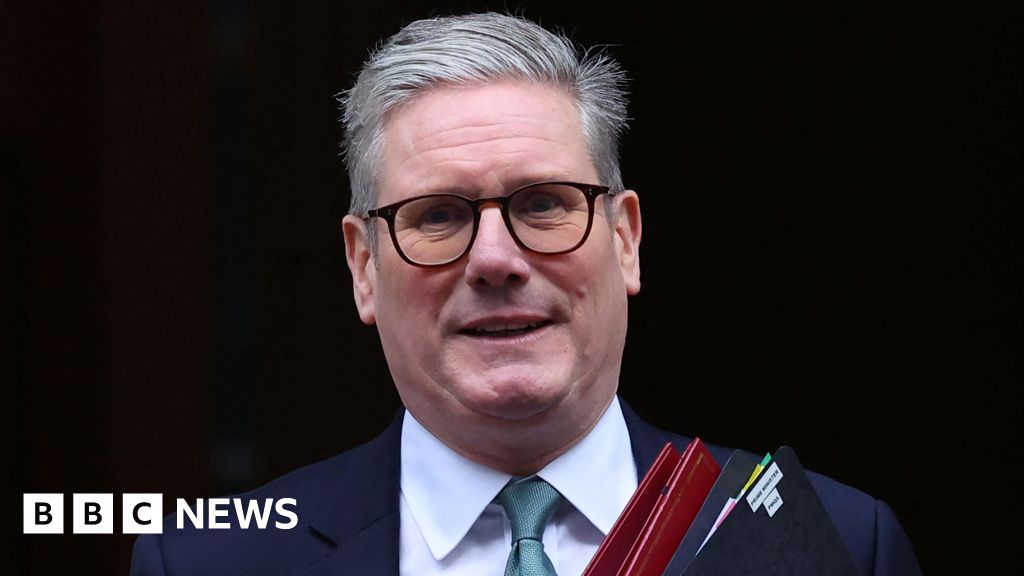ARTICLE AD BOX
 Image source, PA Media
Image source, PA Media
By Kate Whannel & Oscar Bentley
BBC News
MPs investigating whether Boris Johnson misled Parliament over lockdown gatherings in Downing Street have produced an update on their investigation.
Parliament voted for the cross-party Privileges Committee to examine the matter last year.
In a statement, released at the same time as the committee's update, the former prime minister argued there was "no evidence in the report that I knowingly or recklessly misled parliament, or that I failed to update parliament in a timely manner."
"When I told the House that the rules and the guidance had been followed, that was my honest belief."
Here are the five key findings from the committee's interim report:
1. Breaches of Covid rules would have been 'obvious' to Johnson
The committee says Mr Johnson's statements at press conferences and to MPs proves he had knowledge of the coronavirus rules and guidance in place.
It notes there is evidence that there was "a culture of drinking" in parts of Downing Street and that events such as birthday and leaving parties continued despite Covid rules on gatherings.
Witnesses told the committee that the then-prime minister would have seen certain gatherings and on occasion joined the events.
It says the evidence "strongly suggests" that breaches of guidance "would have been obvious to Mr Johnson at the time he was at the gatherings".
2. Johnson may have misled MPs
The inquiry says it has found four examples where Mr Johnson may have misled the House of Commons about lockdown gatherings:
- On 8 December 2021 Mr Johnson told MPs no rules or guidance had been broken in No 10. However the report notes that the police and the inquiry by Sue Gray came to the conclusion this was not correct
- Mr Johnson failed to tell MPs about his own knowledge of gatherings he attended
- Mr Johnson said he had relied upon repeated assurances that the rules had not been broken. However, the committee says it had not received any evidence that assurances was provided in relation to certain events
- Mr Johnson failed to reveal his "personal knowledge" of gatherings when telling MPs a formal inquiry would be needed to get to the truth
3. Johnson did not correct the record at "earliest opportunity"
MPs who mislead Parliament are expected to correct the record at the earliest opportunity.
The committee notes that between 15 December and 19 January Mr Johnson made statements to MPs on Partygate but "did not reveal to the House what he knew when he answered direct questions about his knowledge".
The report says: "The committee will want to hear from Mr Johnson why, instead of correcting the record at the earliest opportunity, he declined to answer questions that were within his direct knowledge, instead telling the House to await the report of the Second Permanent Secretary [Sue Gray]."
4. No 10 staff 'struggled' to justify gatherings
The committee says: "There is evidence that those who were advising Mr Johnson about what to say to the press and in the House were themselves struggling to contend that some gatherings were within the rules."
It quotes a WhatsApp from Downing Street's Director of Communications from 25 January 2022 in relation to a gathering of 19 June 2020 which says: "Haven't heard any explanation of how it's in the rules."
In another WhatsApp the adviser says of the same event: "I'm struggling to come up with a way this one is in the rules in my head."
In response to a suggestion that they could describe the event as "reasonably necessary for work purposes", then director of communications Jack Doyle says: "Not sure that one works does it. Also blows another great gaping hole in the PM's account doesn't it?"
5. Johnson to give evidence in March
The committee has written to Mr Johnson to confirm a date for him to appear before them.
The MPs have given Mr Johnson a period of "not less than two weeks in which to assess the report and evidence before he gives oral evidence".
The committee says it will make a judgement on whether Mr Johnson misled MPs.
If the committee finds that Mr Johnson recklessly or intentionally misled MPs, it will consider what sanctions to recommend, which could include suspension or expulsion from the Commons.
MPs will then have the chance to accept or reject the recommendations.

 1 year ago
16
1 year ago
16








 English (US)
English (US)